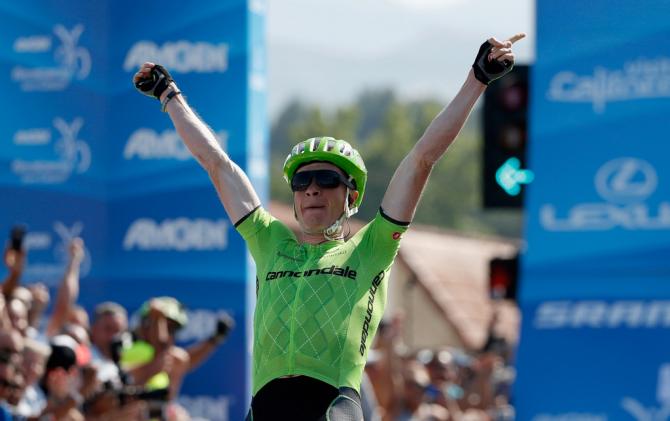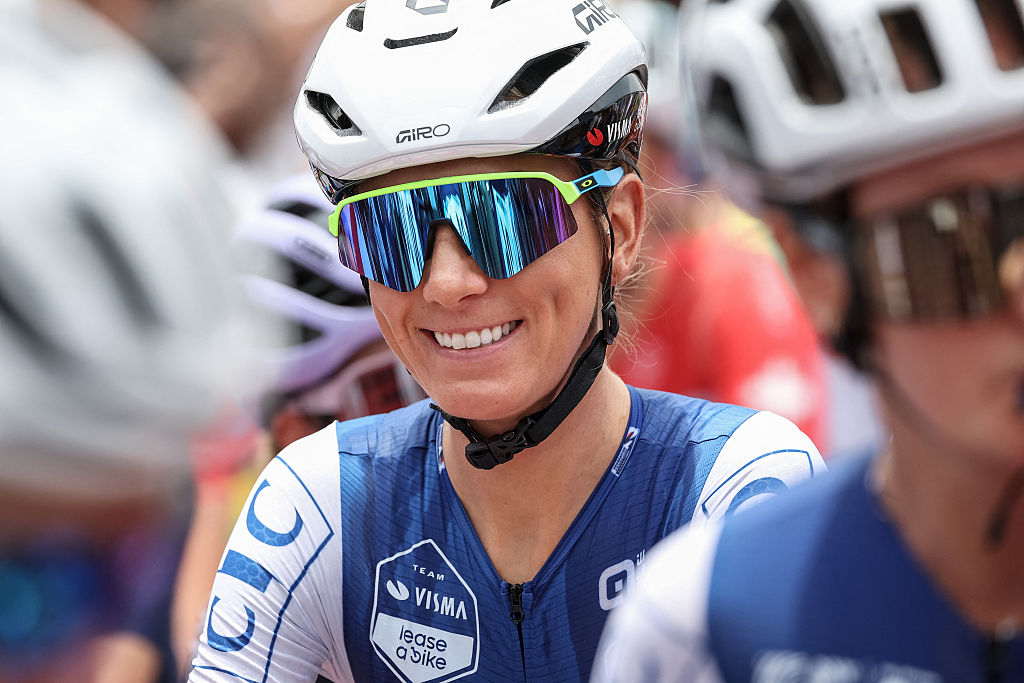Ben King: I feel I'm coming to a place where I have a really strong connection
Q&A with new Dimension Data rider on settling in, charity work, and 2017 plans
The latest race content, interviews, features, reviews and expert buying guides, direct to your inbox!
You are now subscribed
Your newsletter sign-up was successful
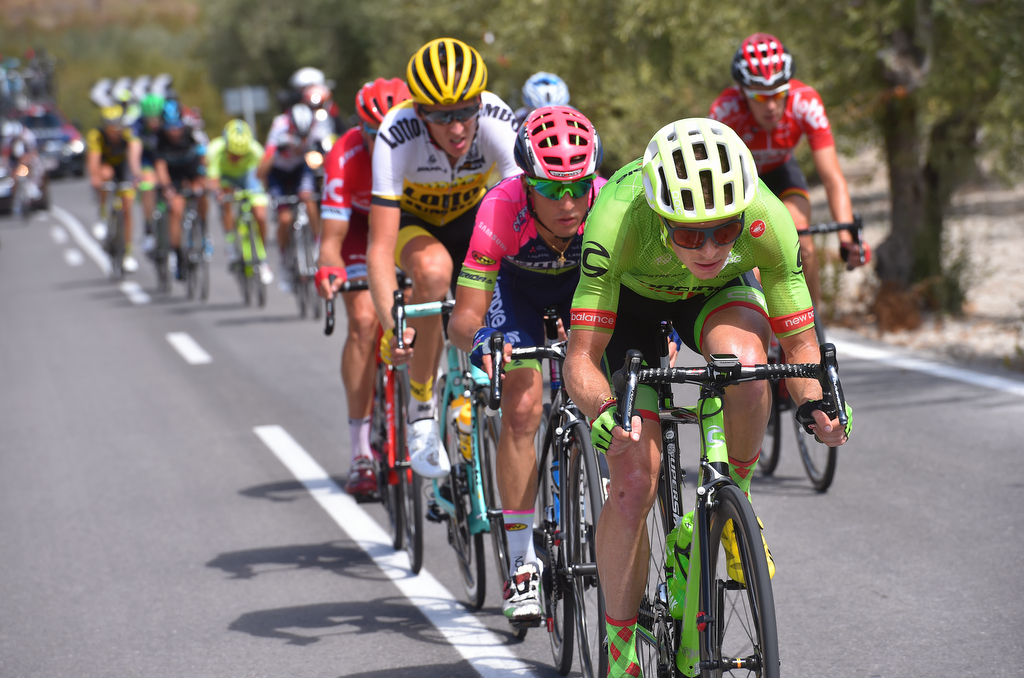
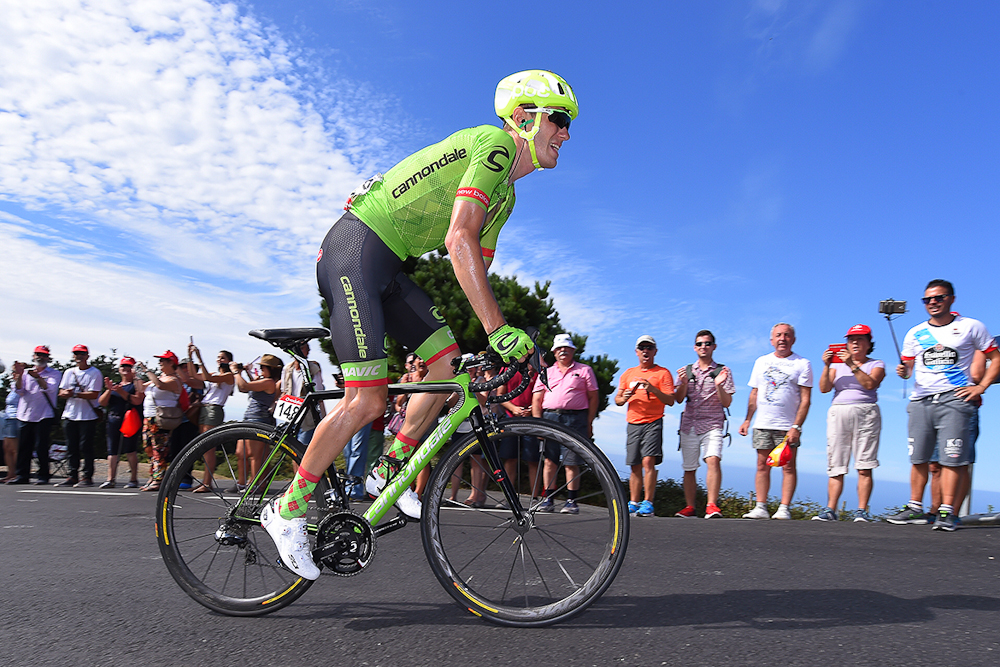
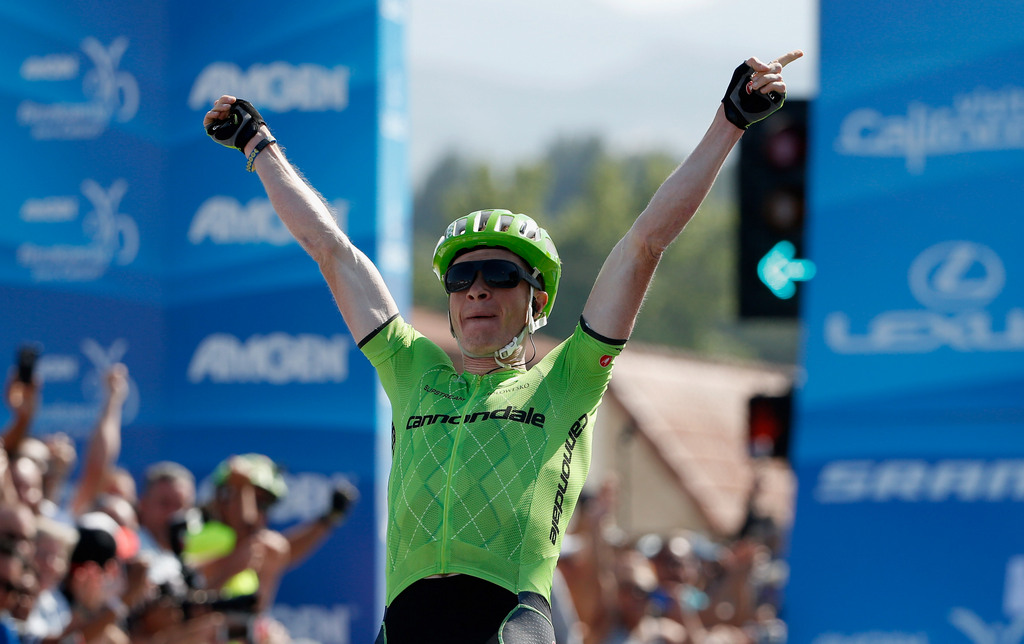
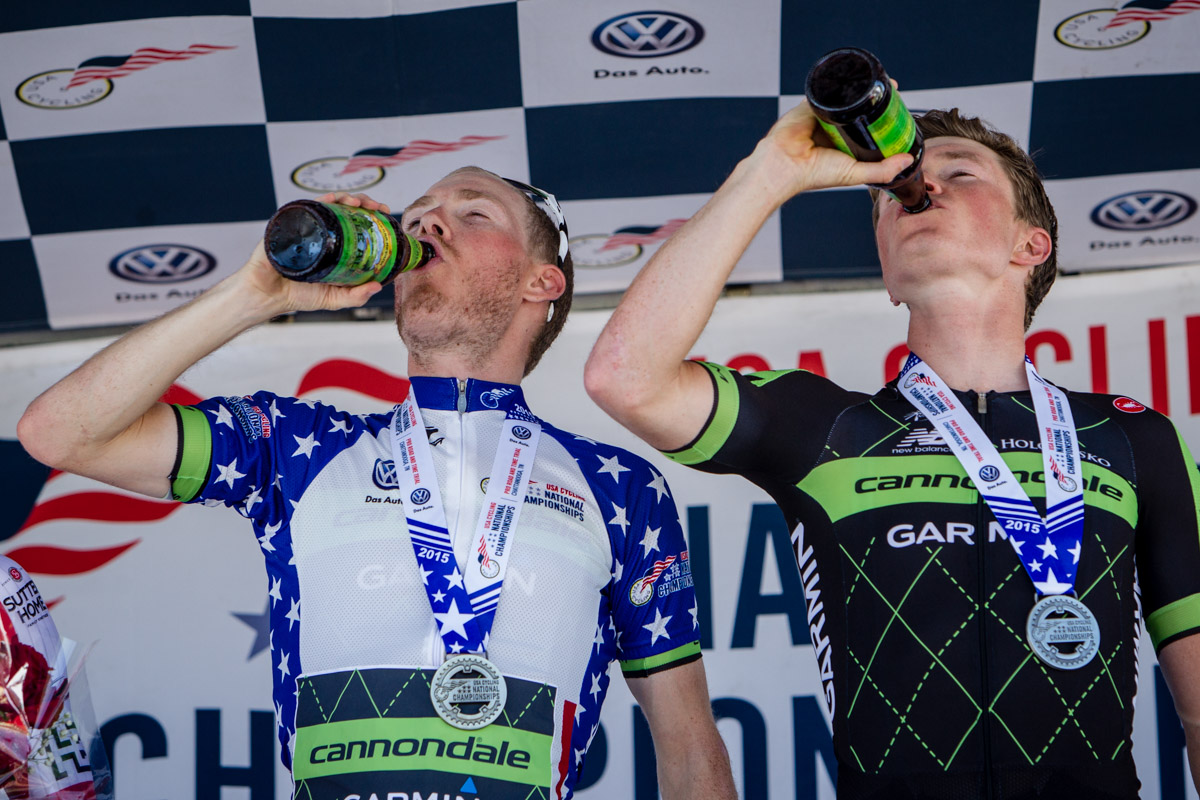
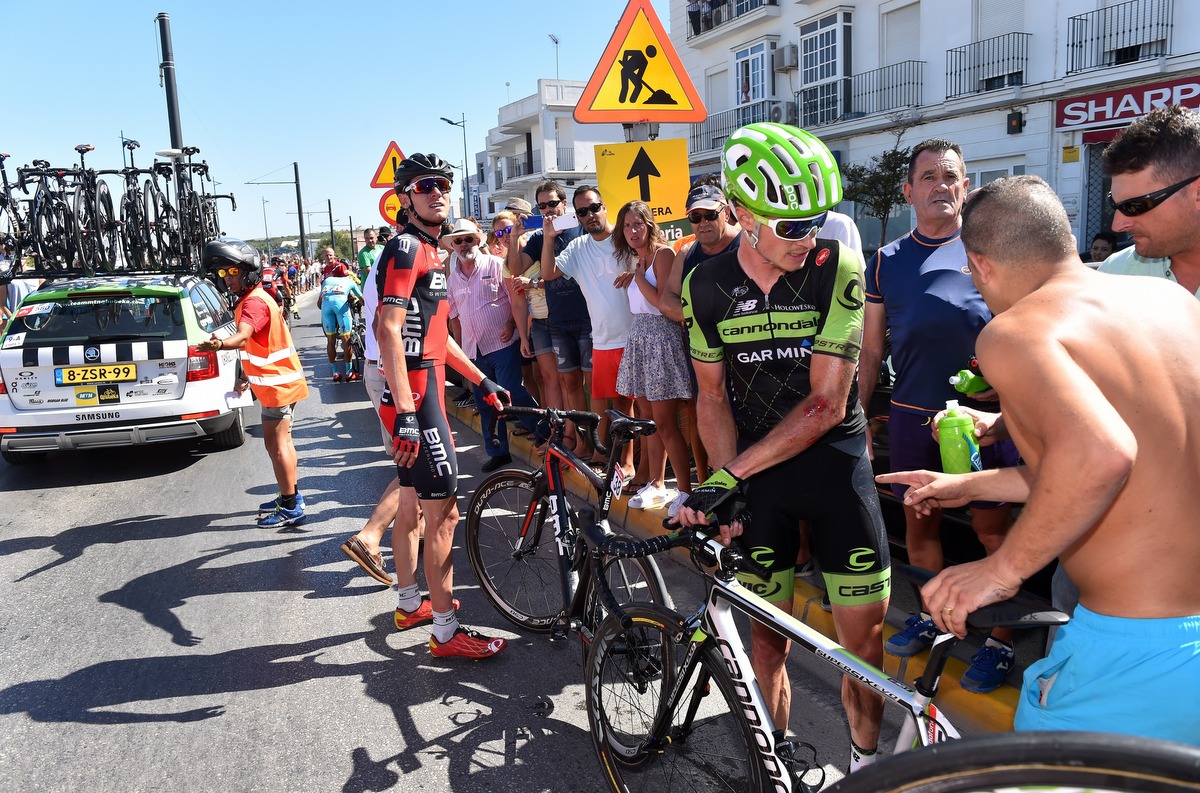
In September it was announced that Ben King would be riding for Dimension Data in 2017, after three years with Cannondale-Drapac. The 27-year-old got to meet his new team for the first time when they met up in Cape Town, South Africa for a team training camp at the end of last month.
Cyclingnews took the opportunity to catch up with King, who explains why he has to keep reminding himself that he's the new boy, discusses what he's been up to in his off-season, and what his ambitions are for 2017.
Cyclingnews: How have you settled in with your new teammates?
Ben King: Really, it has been the most natural, easy transition imaginable. Probably because the atmosphere on the team is great and, I think, because I'm already really close with some of the riders from living in Lucca over the past year since the team has progressed through the ranks. I've also been teammates with some of the riders in the past and I've had relationships with others since I was an under 23 so I feel like I'm coming to a place where I already have a really strong connection.
CN: You don't feel like the new kid on the block then?
BK: Not at all, and I never really expected to. There have been a few things that have come up and I've been like 'oh yeah, it's my first year on the team and I don't know how this works yet'. Whether it's the way they schedule things or how they communicate information, there are little things that I need to adapt to. That stuff has almost caught me off guard because I already feel like I'm on the team, even though I'm not on the team yet. I'm still a member of team Cannondale but it's important to lay the groundwork now so that I can make the transition in January.
CN: The relationship that you already have with some of the riders, is that one of the reasons that you chose to move to Dimension Data?
The latest race content, interviews, features, reviews and expert buying guides, direct to your inbox!
BK: Absolutely. That, and that they're based in Italy where I've been living for so long. But, honestly, one of the main reasons is the Qhubeka charity and I'm really looking forward to doing the bike distribution. It gives an even greater purpose to getting up every day and going racing or going training. Even though it's a team sport, what you have to do to prepare is long lonely hours by yourself. You're being hyper about everything that you eat and it's always about how you feel to make yourself better. It can start to feel like a very selfish endeavour, so to have that added purpose gives you more of an outward approach to it.
This team, the sponsorship, the staff, the riders all absolutely care about the bikes. They're using their success in bike races to bring their message around the world and to raise money and really make concrete and tangible hope and change in people's lives. That's really powerful.
CN: Is that an important thing to you, being able to give back?
BK: It can feel like, after months of travelling, your world view is limited to that and then you realise that there is a lot more to it.
When I turned pro and left school I made a deal with myself not to waste the off-season. It's easy to become so tunnel vision and consumed by the ultra-specialised lifestyle of a professional cyclist that you can develop a very limited world view. We travel all over the world, but everywhere we go, our lives revolve around the sport. Serving the poor is one of the best ways to step out of your comfort zone, quit thinking about yourself and analysing how your body feels, and see that the world is much bigger than your sport.
The first off-season trip I did was to Nicaragua in 2009. Since then I've been involved with Hope Sports whose mission is to transform the culture of sports and improve athlete's lives through charity by moving them from a performance based identity to a purpose based identity. The idea is that healthy relationships and emotional wellbeing will improve an athlete's longevity and satisfaction. When they know who they are outside of their sport, they'll be free from the fear of failure, and free to lay it all on the line and compete with renewed passion and energy for the right reasons.
With team Dimension Data for Qhubeka the higher purpose is in the name. It will be a real privilege to race for them next season.
CN: In terms of your racing, this year had a bit of a bumpy start but you were able to put in some solid performances later in the season. With an easier path to 2017, what do you think that you can achieve?
BK: Before I broke my fibula in January I think I was on track for a strong early season. That forced time off might have extended my form later into the season although it required a lot of work and mental energy to come back so quickly from that injury. I had days in training and some races last year that gave me a lot of hope for the future. If I can continue to improve and tap into that more regularly, I'll be able to force more opportunities for myself and the team.
CN: Where do you see your role within the team?
BK: Dimension Data is a team where everybody gets their chance. That said, I've always taken great satisfaction from supporting a leader. Playing a key role in [Andrew] Talansky's and [Davide] Formolo's overall results in the Vuelta was a great feeling.
CN: What is your race programme for 2017?
BK: I start racing in Valencia at the beginning of February.
CN: Have you pinpointed any particular races that you'd like to target?
BK: The Tour of California is a major goal for me, although I'm also listed as reserve for the Giro d'Italia. Either way, I'd be happy and shooting for good legs in May.
CN: What are your thoughts on the Tour of California being given WorldTour status and what does it mean for US cycling to have a race in the top branch of cycling?
BK: In my opinion Amgen Tour of California, regardless of its status, has always been in the top branch of cycling. With so many sponsors doing business in the USA, the teams feel pressure to bring their 'A' game. The level and depth of competition has historically been very high. Just take a look at the past podiums and stage winners. I'm not sure if the upgraded status will improve the quality of racing or not.
With such a growing number of recreational cyclists and development programs, the USA is ripe for more top level races. Riders and fans loved the World Championships venue in Richmond. Some of the older guys still reminisce about the Tour of Georgia. It's great to see states like Virginia and Colorado hosting races this year to revive their rich cycling heritage in 2017.
Born in Ireland to a cycling family and later moved to the Isle of Man, so there was no surprise when I got into the sport. Studied sports journalism at university before going on to do a Masters in sports broadcast. After university I spent three months interning at Eurosport, where I covered the Tour de France. In 2012 I started at Procycling Magazine, before becoming the deputy editor of Procycling Week. I then joined Cyclingnews, in December 2013.
